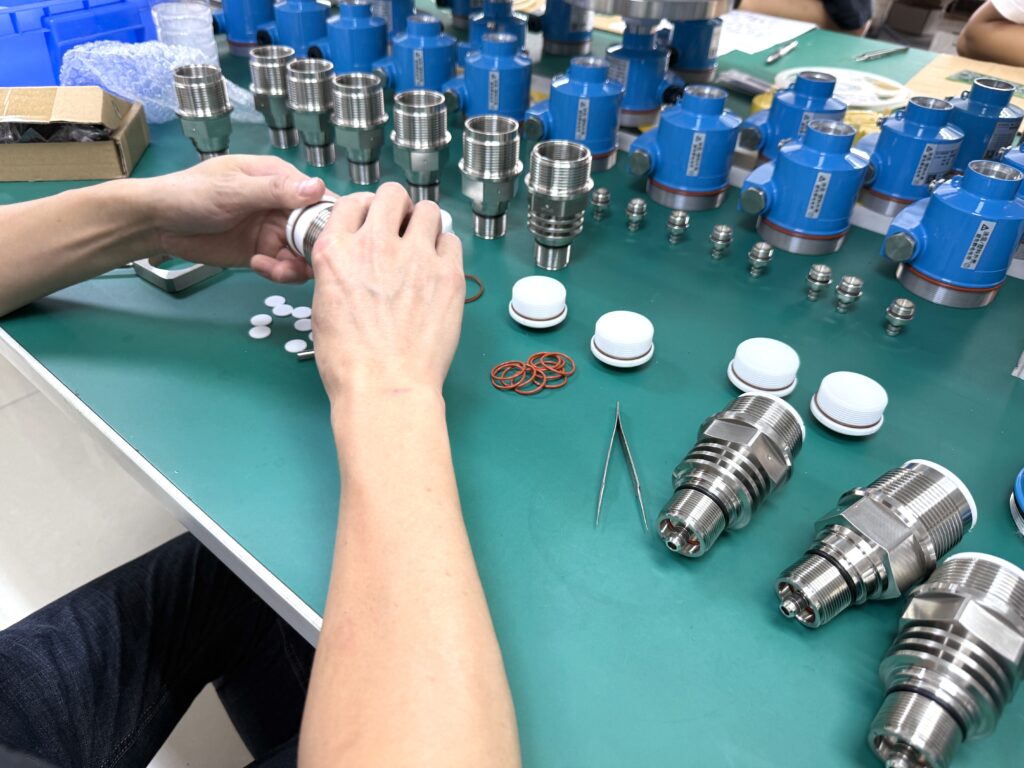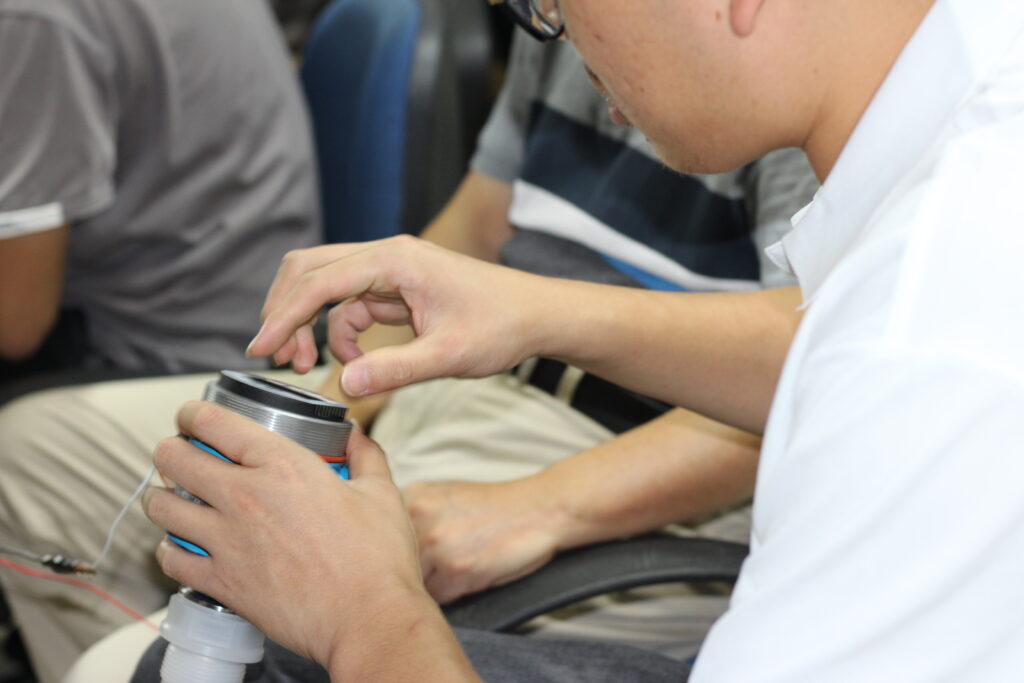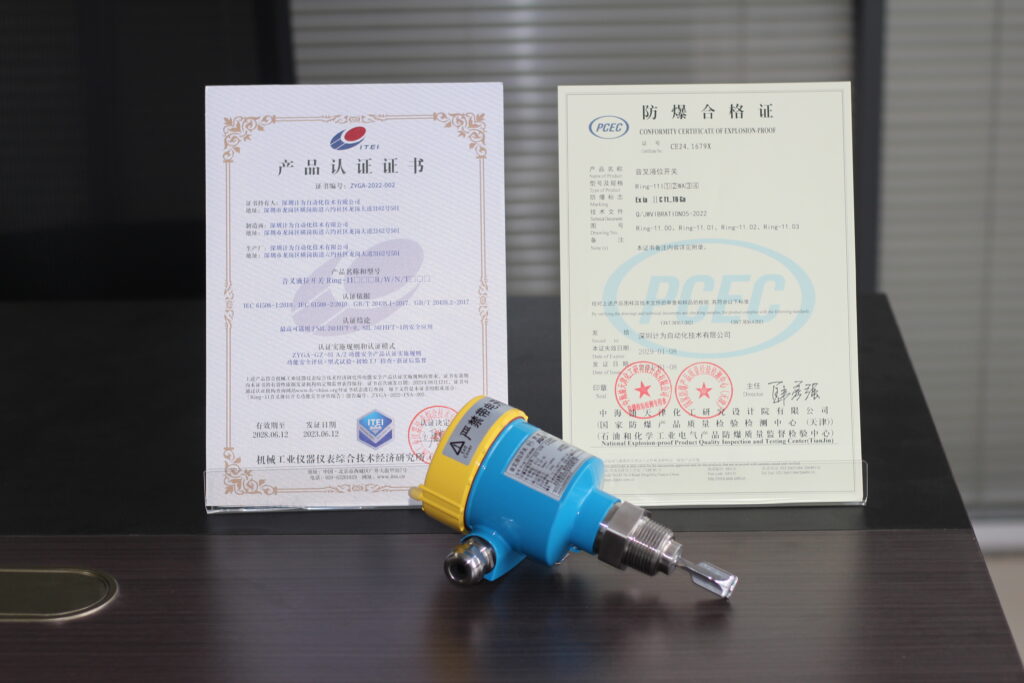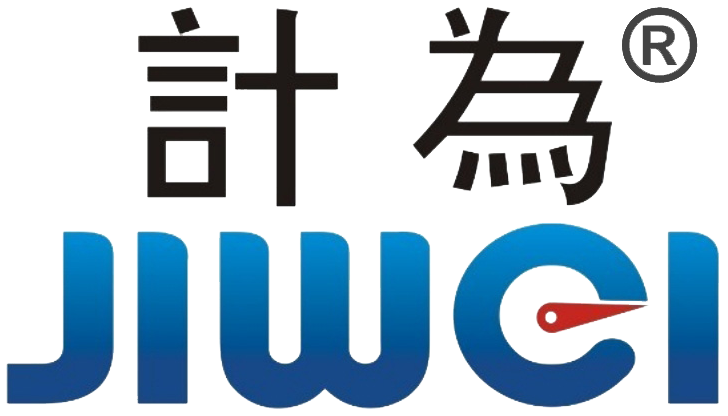How to Identify a Real Instrument Manufacturer?
In industrial automation, instruments are the nervous system of every factory. Level, flow, temperature, pressure, and analytical measurements all directly affect process stability and safety. However, when selecting instruments, you may notice an unusual phenomenon—almost every so-called “instrument manufacturer” lists flow meters, level meters, temperature sensors, pressure sensors, and analyzers in their catalog.
At first glance, this suggests “comprehensive technology” and “strong capabilities,” but in reality, most of these companies are not true manufacturers—they are intermediaries.

Full-category manufacturers? After-sales issues reveal the truth
True instrument manufacturing requires extensive R&D systems, process accumulation, and long-term testing. Each type of instrument has completely different principles, materials, processes, and testing standards:
- Level meters rely on capacitance, radar, ultrasonic, or vibrating rod principles;
- Flow meters involve electromagnetic, vortex, Coriolis, or ultrasonic technologies with complex fluid dynamics models;
- Temperature sensors use thermocouples or RTDs;
- Pressure sensors consider diaphragm materials, strain gauge technology, and high-pressure safety.
These technologies are largely unrelated. A company claiming “all-in-one” solutions is unlikely to perform real R&D and manufacturing. These companies typically:
- Purchase products from various manufacturers;
- Rebrand them under their own label;
- Sell as “full-category manufacturers.”
In other words, they are system integrators or trading companies without R&D, manufacturing, or testing capabilities. Once a product fails onsite—signal anomalies, false alarms, or system incompatibility—they cannot diagnose independently and must rely on upstream manufacturers, often located elsewhere or overseas, causing long communication cycles and unclear responsibility.

Three core standards of a true manufacturer
- Clear technical focus
True manufacturers often focus on a single vertical field. Globally recognized companies like VEGA are rare examples of full-category manufacturers. Most companies cannot afford the cost and risk of developing level, flow, temperature, and pressure instruments simultaneously. In China, true manufacturers usually focus on one area—level or flow—perfecting R&D, process, and onsite commissioning. This specialization reduces R&D costs, mitigates technical dispersion risks, and ensures product quality and stable after-sales. Companies claiming “everything” are mostly agents or trading companies, lacking real R&D and production capabilities. - Independent R&D and authoritative certification (verifiable on government websites)
Standards include:
- Own brand and intellectual property;
- R&D labs, testing platforms, and production lines;
- Custom solutions based on customer requirements;
- Complete technical documentation and certification reports.
Trading companies cannot provide these. Some even use Photoshop or fake certificates to mislead clients, treating safety as expendable. For example, SIL certificates can be bought for around 1,000 RMB through unofficial channels without real testing. These fake certificates are not verifiable on the CNCA website and lack safety manuals.

Certification is not just qualification—it’s a safety baseline. Real SIL certification requires full lifecycle evaluation by accredited bodies under IEC61508, covering hardware analysis, failure probability calculations, and production consistency audits, with high cost and long cycles. True manufacturers rely on independent R&D, rigorous testing, and authoritative certification to ensure every instrument is safe, traceable, and reliable.
Jiwei Automations: a true Chinese manufacturer
Shenzhen Jiwei Automations Ltd. is one of the few Chinese companies with complete independent R&D, design, production, and sales capabilities. Jiwei specializes in level and point level measurement, with key products including:
- Radar level meters (JWrada series)
- Vibrating fork level switches (Ring series)
- Vibrating rod level switches (Tube series)
- Rotary paddle level switches (Spin series)
With over 20 years of technical experience, Jiwei has become a representative brand in China’s level measurement field, with:
- Self-built R&D labs and production facilities
- Multiple national invention patents and software copyrights
- Complete product quality management system
- Comprehensive domestic and international certifications

Authoritative certifications
Jiwei holds some of the most complete certifications in China, including:
- SIL functional safety (verifiable on the government website)
- EAC Eurasian conformity
- CE European safety certification
- CCC China Compulsory Certification
- Ex ia / Ex d / Ex t explosion-proof certification
- RoHS and REACH environmental compliance
These certifications cover design, production consistency, and functional safety, ensuring long-term stability in complex conditions.
Why real certification matters
Level switches and radar level meters are used in hazardous or critical environments, such as chemical reactors, oil tanks, dust silos, ballast tanks, and food or pharmaceutical production lines. Device failure may cause overflow, leakage, or even explosions. Fake certificates mean untested reliability, and the difference is not just cost—it’s safety and risk.
Choosing a true manufacturer means choosing safety and trust
Buying instruments is buying safety. True manufacturers provide not only the device but also understanding of operating conditions, risk anticipation, and reliability guarantees.
Jiwei Automations adheres to “technology-based, quality-trusted,” continuously investing in R&D, positioning Chinese instruments to compete internationally with VEGA and Endress+Hauser. Jiwei level switches are also used in national carbon fiber factories, safeguarding core processes and preventing foreign brands from accessing China’s confidential facilities.

Today, VEGA-like full independent R&D manufacturers are rare in China. Jiwei Automations is among them, proving that Chinese instruments are equally trustworthy.
Conclusion: Spotting a true manufacturer
- True manufacturers do not “do everything”—they focus and excel in one field.
- True manufacturers have R&D, production, and certification—real, verifiable, and authoritative.
- True manufacturers’ credentials are verifiable on government websites—not just purchased certificates.
Jiwei Automations stands as a Chinese benchmark in level and point level measurement. Choosing Jiwei means choosing safety, trust, and a real manufacturer.
